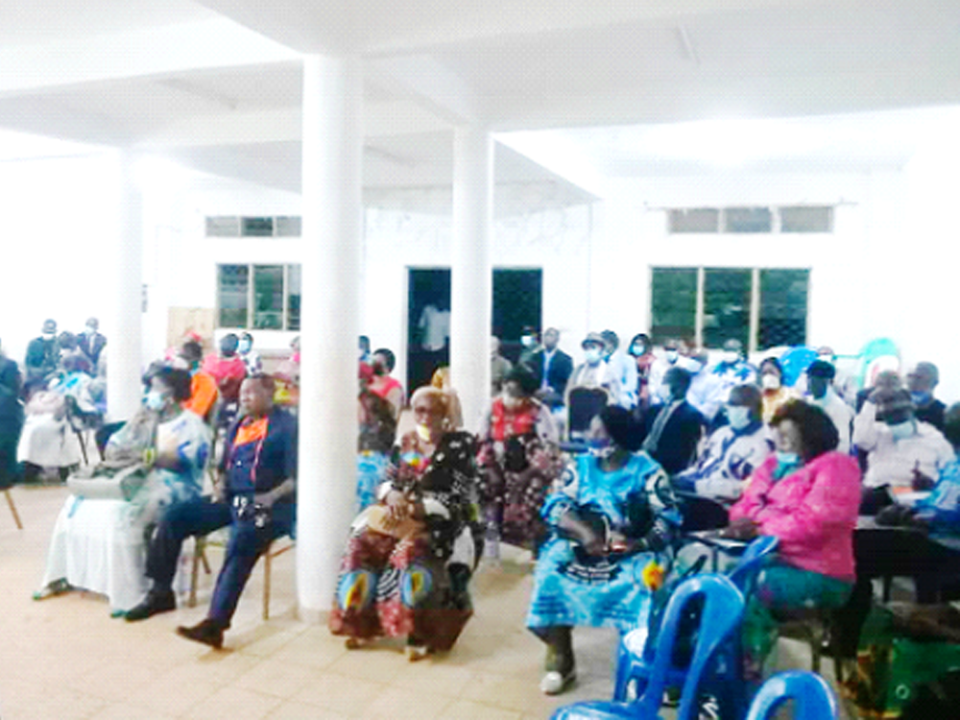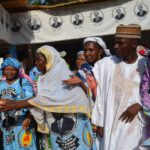So far, Permanent Regional Delegations of the East, Far North and North West have deposited their work at the Central Committee of the CPDM, pending examination.
Various validation commissions are at work. They are busy compiling data gotten from the field for onward transmission to the Party headquarters. Presently, three regions have cleared their tables and the other seven as well as sections abroad are still awaited to do same so that the data brought in can be examined. The validation exercise has been a hectic one going by the reactions of those who involved in the headcount of militants. The CPDM has 377 Sections but for these to be valid, there have to be Subsections then Branches which in turn depend on Cells that complete this political setup. To have combed the areas where militants who make up these basic structures are, was a herculean task, the results of which will help the Party to not only better assert itself in upcoming stakes but manage militants.
As divisional and regional validation commissions round off the exercise, it is worth noting that registrations were done at the level of Cells. According to Sanatou Ndam statutory member of Mfoundi V, “every militant must belong to a cell. It is from this nucleus that you are registered and recognised as a member of the CPDM and you must own a membership card. We did a kind to census and sensitization at the same time and it helped some to understand the way the Party is structured”. The validation process has paved the way for split-ups to be envisaged during the upcoming renewal of the executives of basic organs. It was realised that some cells had more members than the required forty, with some subsections covering a vast area all which made the management of these units challenging for the executive.
Thanks to the meticulous work done on the field, some solutions to problems highlighted have been sought, while hopes for a clearer picture of the political units are being hinged on the still to be slated renewals. Once all report files will be deposited, the next step will be to examine them and take measures in view of ameliorating the functioning of basic organs where necessary.
Claudette CHIN



